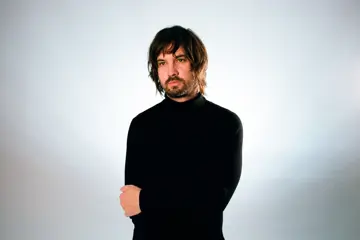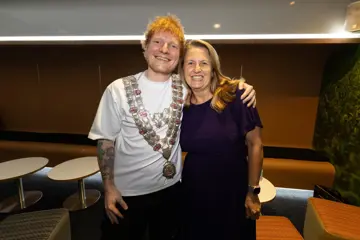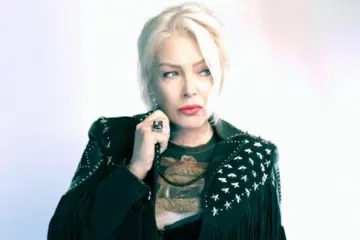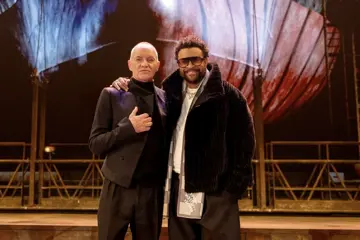When discussing the importance of the independent music sector, you’d struggle to find someone with more insight than Australian icon Sebastian Chase.
Helping carve the Australian independent scene, Chase’s contribution to the industry since the ‘70s until now is nothing short is inspirational, with Indie-Con programmer Stuart Watters quick to state “his knowledge knows no bounds” while introducing his conference keynote.
The MGM Distribution founder was inducted as an ARIA Industry Icon last year for his illustrious career, some key points of which he reflected on during his keynote, including his time working with John Butler, The Waifs, Rose Tattoo, Cold Chisel and more.
“Careers take a long time,” Chase said, referencing the formation of AIR in the mid ‘90s.
“The independent sector allows an artist to develop their creativity in their own time, which allows individualism to flourish, whereas in the major [label] situation, there’s a fairly uniform budget and marketing plan and if doesn’t work, it kind of finishes the program.”
Frequency was one point stressed — the importance of bands constantly touring and pushing their message. It was while he was touring band in the ‘70s that Chase discovered the geographical hurdles in Australia were positive in some ways.
Don't miss a beat with our FREE daily newsletter
“I was able to see the creativeness and inventiveness of the artists in those communities trying to overcome that tyranny and deliver great art and innovation in terms of how to go about succeeding,” he explained.
With Indie-Con being held in Adelaide for the next three years alongside the AIR Awards, Jen Cloher, Allday, Wolf & Cub, The Audreys and more were cited as success stories of that observation as well as beloved late Indigenous musician Dr G Yunupingu, who passed away this week.
“The first time I heard Dr G was in our record label office and he did three songs. By the time he finished, the whole office was crying — he was just so emotionally powerful. To me, the albums that he’s made — particularly the first one — are masterpieces.
“What helped was an independent record label discovered there was a talent there that needed to be nurtured and helped, and without that help, Yunupingu probably wouldn’t have come to us.”
Some of those barriers have been broken down by the rise of the internet.
“The digital era has really liberated the creative process because any operator has no barrier to marker entry,” Chase commented.
Another shift he’s noticed is more diversity in the workplace.
“I’ve seen an incredible increase in female artists who are successful, I’m seeing growth in female managers. I think female participation is going to grow, and so it should.”
Moving forward, it’s clear that government support is crucial in the development of the independent section.
“Government policy is really, really important in helping artists nationalise and internationalise.
“The government on a state level and on a national level needs be able to stay behind this and grow it because it is an incredibly great place for expansion of employment.”
Going down a rabbit hole in regards to the business structures of the independent scene, Chase brought things back to reality with one simple line that put it all in perspective:
“Fan creation has to be at the heart of every plan.”
“At the end of the day, it’s a one-on-one relationship with the artist and the fan.”
Chase says integrity is key, which is seemingly what independent labels and artist are doing best.
In his welcome address, AIR Chair David Vodicka hoped the inaugural Indie-Con would be "equal parts education and inspiration" and, with Chase’s opening keynote, the conference is well on its way to becoming an important annual dialogue.














